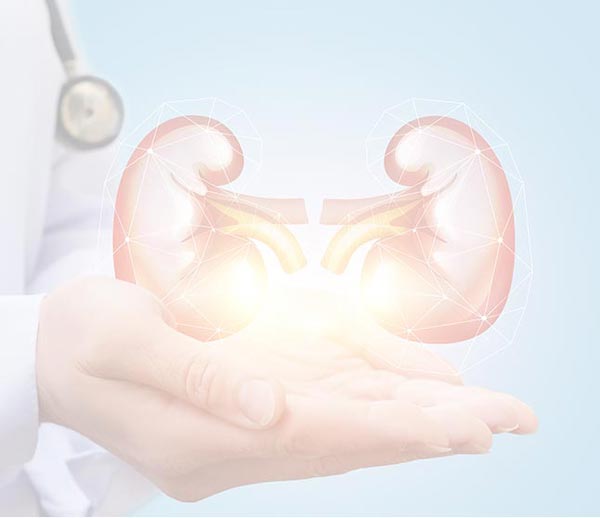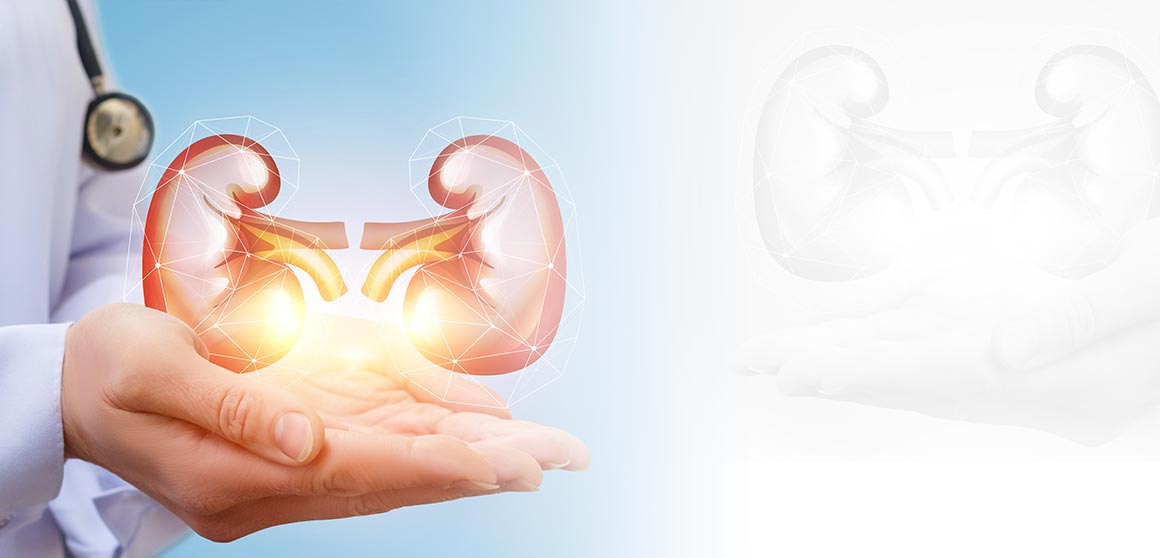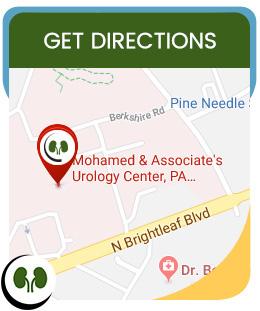Home » Smithfield NC Overactive Bladder Causes, Symptoms & Treatment
You cannot copy content of this website, your IP is being recorded
Overactive Bladder (OAB): Causes, Symptoms & Treatment
Overactive bladder (OAB) is a common condition that leads to an urgent and frequent need to urinate, significantly impacting daily life. Causes may include age, certain medications, or underlying health issues like diabetes or neurological disorders. Symptoms often involve a strong urge to urinate, increased frequency, and waking up at night to urinate. Fortunately, various treatment options are available, including lifestyle modifications, pelvic floor exercises, and medications. Understanding OAB and seeking appropriate care can help individuals regain control and enhance their quality of life. Contact us to make an appointment with our urologist. We are located at 507 N Brightleaf Blvd #205, Smithfield, NC 27577.

Additional Services You May Need











